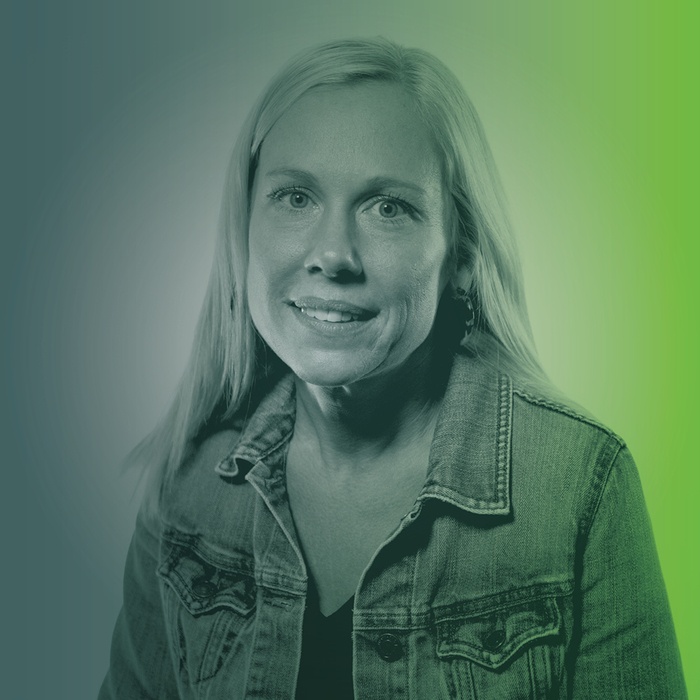What is your position with Ellipsis?
I am the Community Services Program Director at Ellipsis and supervise both Therapists and Community Counselors (behavioral health intervention services) within our agency. It is important to Ellipsis that individuals and families receive not only therapy services, but support within their home environments when possible.

Have you had any other roles/jobs during your tenure with Ellipsis?
I worked for Youth Homes of Mid-America (YHMA) prior to our merger with YESS as a Therapist, which included providing therapy to youth and families on our residential campus, as well as adolescent substance abuse-specific programming. I also provided therapy services for the Johnston Employee and Student Assistance Program and carried a small caseload of outpatient community clients.
What drew you to work at Ellipsis?
I went to work at Youth Homes of Mid-America (YHMA) to utilize my skills outside of substance abuse-specific treatment, and YHMA was able to provide me that opportunity. Secondly, I wanted to gain the experience of working with a youthful population, as my background included adult clients only. To my surprise, it turned out that working with adolescents has been the most treasured experience in my entire career and I can’t imagine myself anywhere else.
Why is it important to have residential programs in communities and qualified people working in them?
Residential treatment programs allow youth and families time to “reset,” learn better ways of handing adversity, and develop the skills necessary to be successful as individuals and families within our communities. The Ellipsis team is dedicated to teaching our youth to believe in the power of change and once our clients are able to feel that within their own heart, anything is possible!
Can you recall a moment (during your career with Ellipsis) when you felt like you were in exactly the right place, doing exactly what you should be doing? What was that like?
I realized quickly that I was in the right place because my heart was full the minute I began walking the journey of healing with those we serve. The power of seeing lives transform for the better is something I can’t put into words.
What are some of the rewarding aspects of the job?
There is nothing like seeing kids and families become empowered to believe that change is possible and watching them leave much stronger than they arrived. Each time I receive a phone call or visit from a youth I previously worked with, I know that somehow, I made a difference.
And what are some of the more challenging aspects of this job?
One of the most challenging aspects of the job is addressing the stigma within our communities about the youth and families we serve, as any one of us could find ourselves in a similar position.
What is a misconception people may have about Ellipsis or residential programs? How do you dispel that?
Many people believe that kids in shelters or residential treatment programs are “bad kids,” and that couldn’t be farther from the truth. The youth that we serve are full of love and just looking for it in return.
